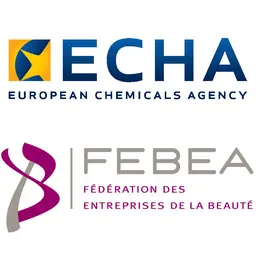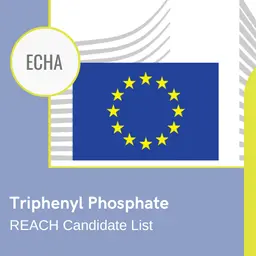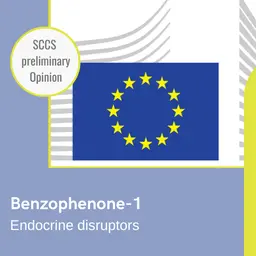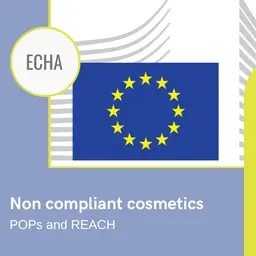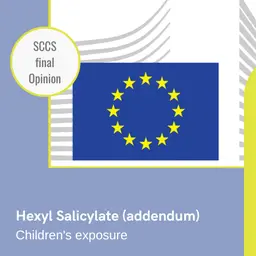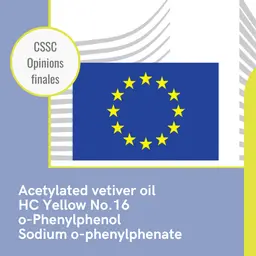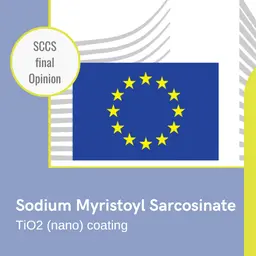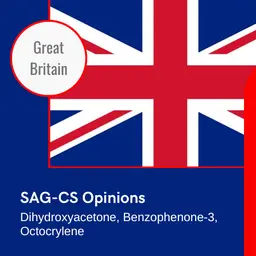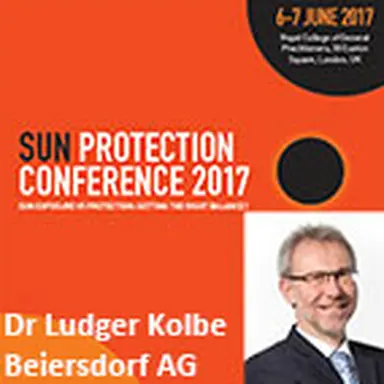
At the Sun Protection Conference held in London on June 6-7, 2017, Dr Ludger Kolbe, of Beiersdorf, provided scientific studies to respond to a recurring controversy in the field of sun protection: the influence of anti-inflammatory ingredients on the SPF determination and the skin’s erythemal response under the effect of UV rays.
The activity of anti-inflammatory ingredients in sunscreen products is a discussion that spread to the scientific sphere and reached the general public a few years ago, as Ludger Kolbe reminded as an introduction to his presentation: he intended to make an update on a controversy which, to him, is based on no tangible evidence or scientific data whatsoever. Quite the opposite: he has just demonstrated that, contrary to what is often asserted, these ingredients do not boost the SPF claimed and have no effect on the erythemal response.
The usefulness of anti-inflammatory ingredients in sunscreen products
First, Ludger Kolbe reiterated the fact that sunburns are not the only adverse effects of sun exposure, although they are the most instantaneously perceptible and troublesome for consumers. Sunscreen filters are designed to block UV rays and prevent the damage they trigger, including those induced on the skin cell structure and the DNA, the acceleration of melanogenesis, or inflammation.
Still, as he highlighted, even with an SPF50 or 100, 2% of UV rays can actually penetrate the skin and cause damage, so it is most useful to integrate actives that can contribute to photoprotection to sunscreen product formulas. And that is exactly the role …

